Avoiding Facebook Scams

It’s an incredible deal, stock is limited and selling fast, you need to get in quick before it’s all sold out – you can’t miss out!
It could be an incredible deal … or it could be a Facebook Ad Scam.
The bad news is, if it’s a scam, you’ll end up paying for a product that’s either an awful imitation of what you thought you were buying, or you’ll just receive no product at all.
You can try requesting a refund through the page you bought the goods from, but it’s almost guaranteed that you won’t hear back from them.
What does a Scam Ad look like?
Well, it can be tricky to tell. As scammers become more advanced, it’s harder to spot the difference between a real ad from a legit business and a fake ad from a scammer.
They use professional-looking photos, and on the face of it, everything seems fine.
It’s not until you receive a dodgy knock-off version or no product at all that you realise it was fake all along.
Tips for protecting yourself
- If you really want to buy from a Facebook ad, track down the vendor's website and google the name of the business with the word “scam” next to it to see if anything comes up.
- Review the website or Facebook page for spelling mistakes and grammatical errors.
- Beware of sellers that are based far away or have limited or no reviews.
- Only buy from companies or individuals you know from either a past experience or reputation.
- Read The Little Book of Scams by Sorted to learn more about protecting yourself from all the different types of frauds and scams out there.
What to do if you think you’ve been scammed.
Call us on 0800 429 000 and let us know what’s happened. We will:
- Cancel your card to avoid future unauthorised purchases or ongoing subscriptions that might be charged by the scammers.
- Take you through the process for lodging a claim. Mastercard can’t always recover the money so it’s possible you won’t get a refund for the lost money.





